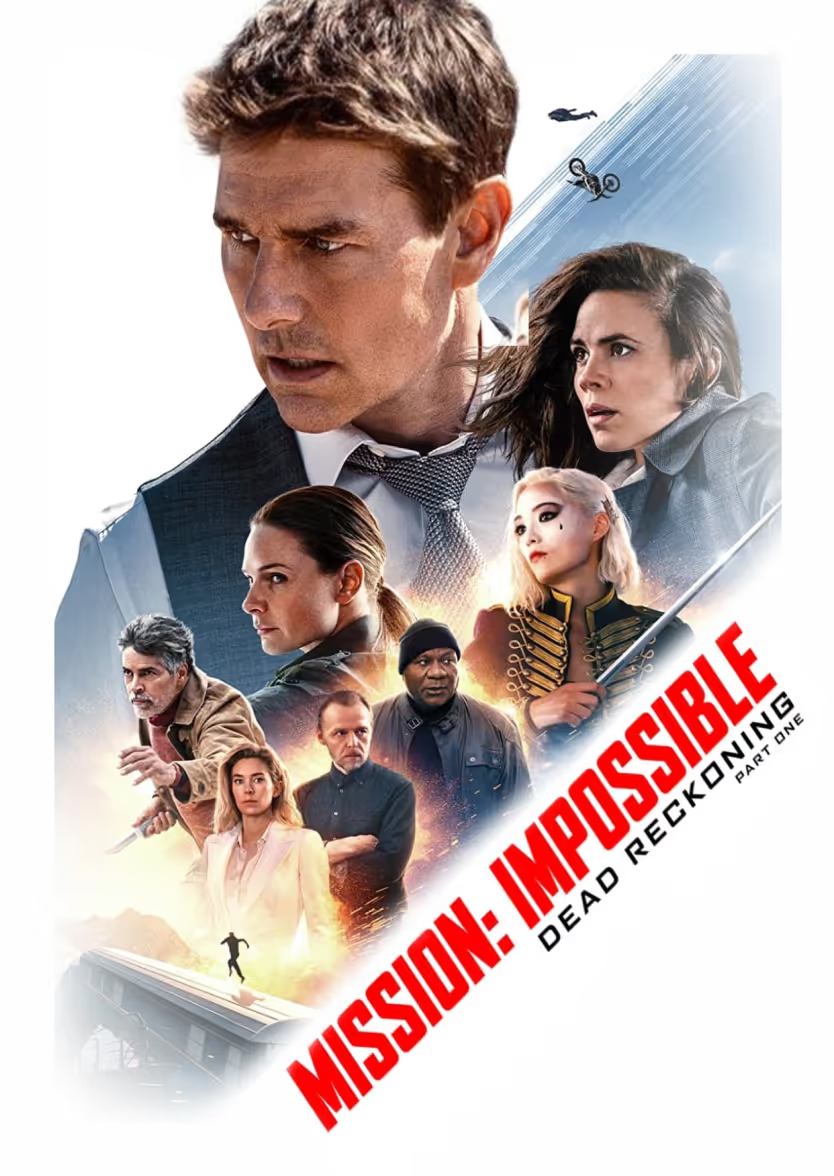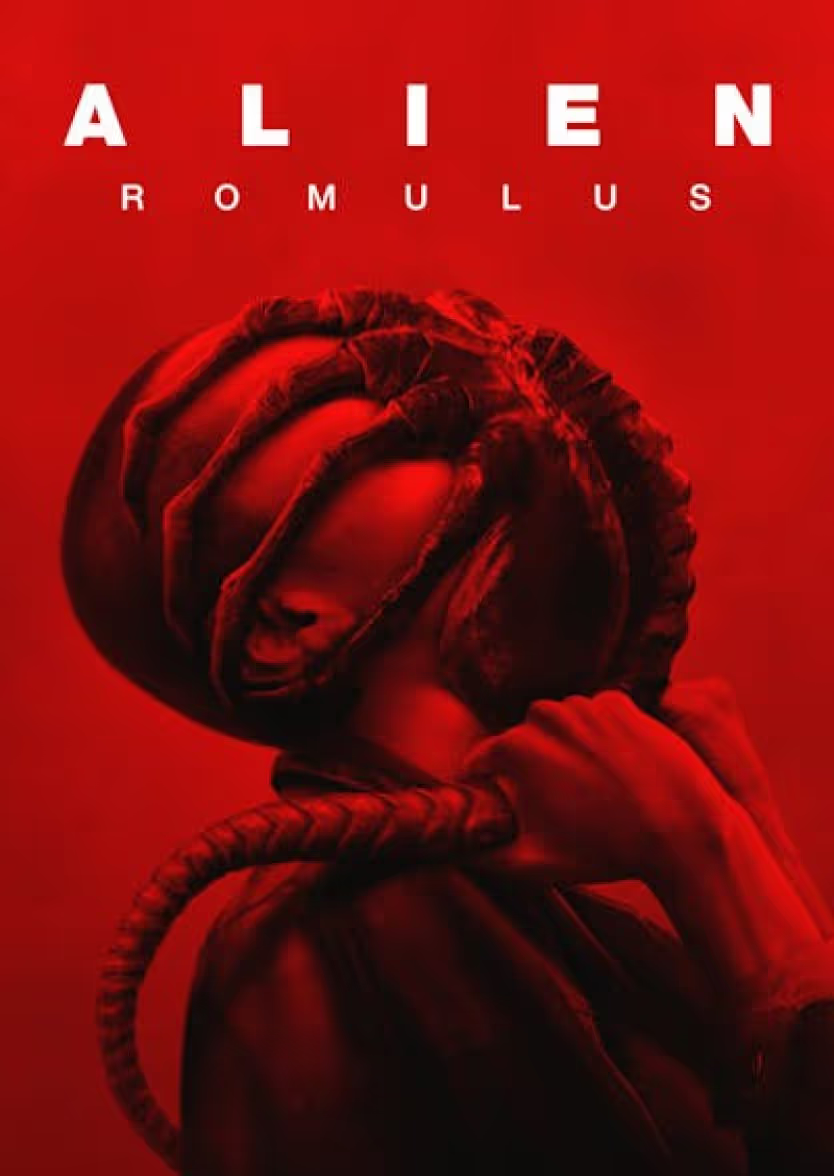It’s a Sunday morning in September and editor, Nona Khodai, sits down to discuss what has been, all things considered, one hell of a productive 12 months. September 2020 began with the premiere of the kick-ass second season of Amazon’s breakout hit The Boys and was followed up by her work on Disney+’s MCU smash hit WandaVision. Her work on the latter, recently earned her two Emmy Nominations.
During our chat, we discussed her childhood influences, working on zeitgeist shows, and what it feels like to be recognized for all her hard work.
Dancing to the beat
It shouldn’t be a surprise that much of Khodai’s childhood was spent watching I Love Lucy on a black and white TV in her bedroom. Growing up, Khodai’s big passions were dancing (especially tap), music, and movies. Seeing A League of Their Own, her favorite movie, as an eight year old in theaters was an especially seminal experience.
“I just remember being amazed by the movie... there was something so magical about it. I was like ‘I can’t believe people do this for a living,’” recalls Khodai.
As far as a way to make a living was concerned, her parents were crossing their fingers that Khodai would commit her life to medicine like her older sisters. Unfortunately for them, after she saw the journey her sisters went on, Khodai decided she needed a different path. One that led her to pursue filmmaking and earn a degree in film from USC. As Khodai reflects on what storytelling now means to her, it’s an escape. Watching interesting stories with complex characters is something she believes we all need in our life.
Given her background as a dancer, it makes sense that editing became a natural fit. Both are based on the foundation of rhythm and both have the room for purposeful rule breaking. “I was a tap dancer, so breaking the rules is kind of part of tap dancing–tapping against the music. That rhythm definitely helped me, and I think that’s why I like editing… you can cut it in a different way with the rhythm or against the rhythm. It really is quite fun to play against type with music and sound and style and tone.”
Editing itself is a musical artform, where an internal tempo is extremely important. So much so that Khodai sometimes plays music she likes in the background to help her cut. She’ll even watch back cuts with only the music to see how the rhythm of the edit works.
Them’s The Breaks
Don’t be mistaken, it was not always a zeitgeist show followed by a zeitgeist show. Working hard, knowing how to network, and being in the right place at the right time helped with Khodai’s big breaks. “I had a really bad run in the middle of my assisting career where I was constantly on cancelled shows. I think I did three shows that got cancelled in a row.”
Then a friend called to offer a job as a VFX assistant editor on the JJ Abrams vehicle Super 8. This was a turning point in her career. Bad Robot, Abrams’ production company, was an open and collaborative environment where she got to meet all the executives, whether that’s over lunch, a game night, or other random events they may have been hosting. One Bad Robot TV executive in particular, Athena Wickham, helped get Khodai an assisting editing job on their new show Alcatraz.
Staying in the Bad Robot family was a big goal, as they are known for promoting from within and at this point Khodai was ready for that bump from assistant editor to editor. Unfortunately, Alcatraz got canceled but it led to a job on another Bad Robot show, Revolution. This show turned into that big break Khodai had been waiting for. First off, it was show run by Eric Kripke, who would go on the showrun The Boys, and after the first season, David Eisenberg, the editor Khodai was assisting, left the show. This opened the door to edit towards the end of the first season and the chance to return as a fulltime editor for the second season. This began a run of editing shows like The Strain, Colony, and The Mysteries of Laura.
Then one day Eric Kripke called to ask if Khodai wanted to work on The Boys, an opportunity she was very grateful for. Not only was Khodai able to work on a great show but she also got to meet Matt Shankman, who went on to direct every episode of WandaVision, on her first episode. It is this relationship, and another friend who arranged a general meeting at Marvel, that helped Khodai land the job on the MCU’s surreal sitcom deconstruction.
Talk about hard work meeting the right place at the right time.
The punks go mainstream: working on The Boys
It’s hard to know when something is going to connect with audiences, let alone blow up like The Boys did. But there was a sense that something good was brewing. “I mean, the scripts were amazing from the get-go. I remember reading the first two episodes and I was like ‘this is amazing. Like, amazing, amazing.’” From the page the tone was already there– a punk rock dismantling of not just superhero culture but the late stage capitalistic society we have found ourselves living in.
As the edits started to come together, the show naturally embraced a cinematic and confident style that was not overly reliant on quick cuts. That feeling only continued. They were working on something special but, of course, didn’t know until it was actually released. Lucky for us, it was as good as they hoped. A show unafraid to relish in a twisted joy as it defies your expectations of what is acceptable in a mainstream show while not negating the emotional truth and trauma that these larger than life characters face. For Khodai, a big motto for the show is characters first.
“We’re always about grounding the characters. And if we ever go a little bit too out of character, we always try to ground it. Be real first, and then the satire comes in with it, because if you’re real, the funny is part of that.” Knowing who the point of view of the scene is meant to focus on is also vital “especially if you have really good actors and you want to put the camera on every single person.”
One of Khodai’s favorite scenes she’s ever cut appears in the first episode she did for the show, in season 1, episode 2. It’s the first time Homelander, the show’s surrogate Superman, talks. If you want to watch the scene it starts at 12 minutes and 10 seconds. It’s a beautifully strange interaction as he and his corporate handler, Madelyn Stillwell, volley for power while she is also pumping. “That’s one of my favorite scenes because I remember watching through the dailies and being like, ‘oh my god, this guy [Anthony Starr] is amazing.’” It’s an elegant yet simple scene that sets the tone for the show's villain for the entire series and the psychosexual undercurrent in his psyche that goes on to define him.
In front of a live studio audience: working on WandaVision
As previously mentioned, timing is everything and, as we all know too well, sometimes the world throws a wrench your way. For WandaVision, the plan was to shoot about 60%-70% of the show in Atlanta, stopping in February 2020, and picking production back up in Los Angeles in April 2020. But we all know what happened in between. The idea was to shoot all the exterior sets in LA to capture that unique studio backlot sitcom feel, which means that for a while all the show had to work with was mostly interiors. There were storyboards and other tools to fill the empty spots but this made the 6 months in between shoots, as well as the rush to finish, extra strenuous. But it was nice for Khodai to be able to lose herself in a fun and mostly light-hearted meta sitcom about the calming and tranquil effects of sitcoms.
Working on a show that evolved nearly every episode means a different tonal approach as well. The 1950s episode was cut in a more stage way, whereas the 1960s episode started to introduce more close-ups. For Khodai’s first episode, it was focused on the 1970s, so there were way more close-ups and no studio audience. They had to add in the laugh track, so they had to time it out differently than if an audience was physically there. “We used The Brady Bunch as an example, and if you watch The Brady Bunch now… the acting was a little bit bigger. The acting styles changed by era, all of the actors did an amazing job adjusting based on era.”
Though as the show progressed these sitcom set pieces were more and more interrupted by tonal shifts, whether that is jumping out into the “real world” or a foreboding undertone as Wanda’s repressed emotions try to break through. With this, the editing style had to change as well to make it feel more cinematic. This was also helped by changes in aspect ratios and how the scenes were shot. “We have the cameras change style, and that helps guide the cut, too, when the director decides, this is where we’re going with the movement, because she’s [Wanda] breaking a little bit. You can see where the movement of the camera is, and you’re like, ‘oh, that’s where I need to be right at that moment.’”
One of the edits that Khodai is especially proud of is a very simple cut that encapsulates the journey of the entire show. On the episode “Previous On,” there is a moment where Wanda has finished changing the world around her into a 1950s sitcom, and there’s one cut where she walks into frame from having transitioned from color to black and white. It’s a simple, elegant, and clean cut that carries the weight of the entire series on its back. An edit that had not changed since the editor’s cut.
And the award goes to...
What’s it feel like to be nominated for two Emmys in one year? Khodai is humble and sincerely grateful to even be recognized. “Not everyone gets the opportunity in their career, so I’m taking it in and appreciating every advantage I’m getting at this point because it doesn’t always come around and I’ve been editing for – just assisting and editing for 16 years, and so to finally get the validation is awesome.”
For her there is no sense of competition, just the honor to be among such talented peers in her category (which includes Mare of Easttown’s Amy E. Duddleston). Success is not something that can be tallied in nominations of awards. As Khodai puts it, “It’s showing up, and I take it day by day... if I take it day by day and show up and put in the effort, I feel successful and accomplished for that day.” Khodai ended up losing to The Queen’s Gambit but we wouldn’t be surprised to see her nominated again in the future.
As far as what’s next? Khodai said that she would love to do a musical one day– something in the vein of Chicago or Moulin Rouge!.
Fingers crossed we get to see that soon!
Create together remotely, in real time
















.avif)









.avif)


.avif)